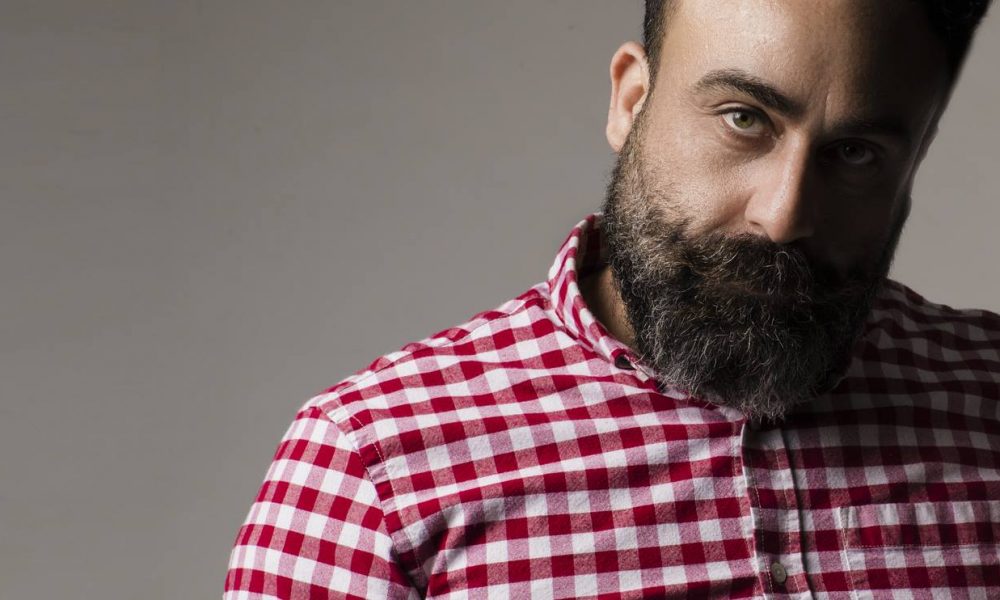

Today we’d like to introduce you to Mohammed Fawzi Ghanayem.
Every artist has a unique story. Can you briefly walk us through yours?
I was born in a refugee camp, Dheisha Refugee Camp, in Bethlehem, Palestine. I bought my first camera when I was six years old. During the Eid holiday many children get money from their relatives, I set-up a small stand and sold them candy and even some of my own toys. I made enough money (150NIS) to buy my first camera. My mother still keeps this camera as a memory of my first desire to become a photographer. As a child I felt like the camera was something magic, I wanted to go inside the camera and see what was going on inside that it was able to take pictures of people. This is where my love for photography began.
When I went to buy the camera with my parents they told the store owner how I had made the money myself to buy the camera. The store owner was impressed and offered me my first roll of film for free and said he would develop it for free as well. The film roll had 32 pictures, I took pictures of my family, the stray animals we fed, the fruit trees outside our house. When I took the film to get developed the store owner was shocked that only 1 of the 32 pictures didn’t come out- he told me then that I had a career as a photographer.
After that I began to save up and buy film whenever I could. But our family was poor and this was not a priority for them so I rarely had the chance to use the camera. I began to try and draw the things that I wanted to take pictures of and realized that I was a good artist and could draw very well for my age.
I grew up in a refugee camp and there was often conflict and war in my childhood. Photography was not seen as a real career and I didn’t have much opportunity to develop my skills. When I the war got worse there would be many foreign journalists who would come to take pictures. One time a house in my neighborhood was demolished by the Israeli army, when the foreign journalists came to take pictures they took a picture of my brother Shadi. One of those journalists brought the picture to my mother and I remember looking at it and realizing that the camera can tell our story. I started to hang around with the foreign journalists, to look at their equipment to learn about what they were doing. I started to pay attention to the newspapers and noticed that our story was not being told, people were leaving out our story and our voice and I became motivated to study journalism and learn better how to use the camera.
When I was 15 years old I was shot in the leg by the Israeli army (during the first intifada) on my way to school. When I woke up a week later after being shot people brought me newspapers and there was a headline that said a ‘terrorist’ was shot in the leg, this was one of the biggest shocks of my life, how could they report this, I was just a teenage boy on my way to school, I was not a terrorist. This became the biggest motivator for me to become a professional photographer and journalist. I had 11 surgeries over 4 years before I was able to walk again. In the mean time I finished high school and began at university. After the Oslo Accords the Israelis allowed the new government, the Palestinian Authority, to have our own TV stations. This is when I helped to establish the first local TV station in Palestine, it was called Al Mahed TV- as Palestinians we wanted to be able to report on our own lives and what we happening to us. I had my own talk show, called Morning Coffee. Other local TVs began to open in other Palestinian cities and myself and 3 other reporters founded an organization called Ma’an New Network- this was a network of all the local TV and radio stations so that we could work together to improve our skills. Ma’an was founded in 2004 and over the years grew to be the first Palestinian satellite TV station. I became the Director of Production and Programming and we had many programs that ranged from news to cultural shows all the way to an American Idol system singing competition.
In 2016 my family made the decision to move to the US in order for me to get American Citizenship. My wife is American and grew up in the US as we moved to Madison, WI where she grew up. When I arrived here it was very hard to find a job as a journalist since English was not my native language. I had met Farouk Shami in 2011 when I was hired by the US Consulate in Jerusalem to do a documentary film about successful Palestinians in the US. Mr. Shami was very impressed with my work and he offered me a job but at the time my wife and I were living happily in Palestine and did not want to move to the US. I wanted to still be able to use my talents as a videographer and photographer but wasn’t able to find a job in journalism due to my language skills. I reached out to Mr. Shami to see if he the job offer was still available. He hired me and I moved to Texas to work for Farouk Systems. It was my first time working in the fashion industry and I had a lot to learn. But I learned very quickly and was so happy to return to my original childhood love of photography. I get so much joy out of using the camera to tell a story, to get the lighting right, with the right background, with the right colors scheme. My skills and talent have really had the chance to grow and flourish over the last two years with Farouk Systems.
Please tell us about your art.
When I started with Farouk Systems I had very little experience in the fashion industry, it took me a while to understand the industry and what they are looking for. I realized that fashion photography is about capturing a moment in time that people can look back on and say they want to be like that or feel like that or look like that. I feel now that I have really raised the level of my photography skills to a very professional level and am always looking to create a story with my pictures that people can look to and say that they want to be a part of that story. It is about creating a feeling that people want to be a part of- something they can relate to but also something they can look up to and feel that they want to be a part of. I really take pride in setting up the story behind the picture so that it becomes a work of art that people can enjoy and this is a difficult mission because you have to take care of the lighting, the colors, even the energy. A good photographer can even help people to feel they are a part of the image they are seeing.
What do you think about conditions for artists today? Has life become easier or harder for artists in recent years? What can cities like ours do to encourage and help art and artists thrive?
Technology has made it both easier and harder for artists. In many ways technology has made things easier and quicker for artists, today you can use software to improve your photos and edit them in a more accurate way and with less time. And social media means you can grow your audience much bigger and much quicker than before. But, at the same time there is more competition so you have to work very hard to have something special about your work that people notice and appreciate. This is good because it forced artists to continue to use their creativity and individuality when creating art.
How or where can people see your work? How can people support your work?
They can see my work on the website, Facebook, and Instagram pages of Farouk Systems, CHI Hair Care and I have my own Instagram account (abunishan) where I post some of my favorite shots. You can like and share our pages to help spread the word and exposure.
Contact Info:
- Email: mfghanayem@gmail.com
- Instagram: https://www.instagram.com/nishan_ghanayem
- Facebook: https://www.facebook.com/M.Ghanayem75/


















Image Credit:
Mohammed Fawzi Ghanayem
For the pictures that are from my work with Farouk Systems please credit them as well. I also shared photos of my own personal repertoire.
Getting in touch: VoyageHouston is built on recommendations from the community; it’s how we uncover hidden gems, so if you know someone who deserves recognition please let us know here

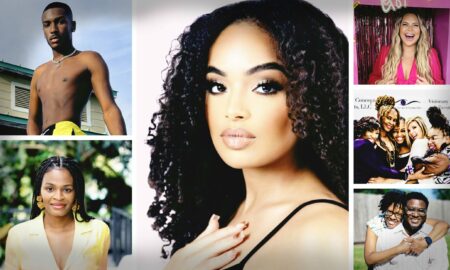








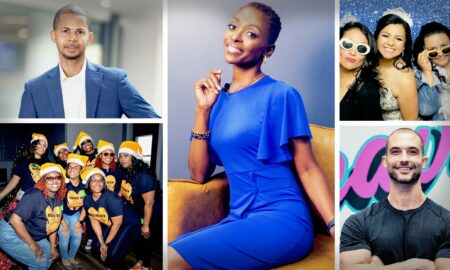
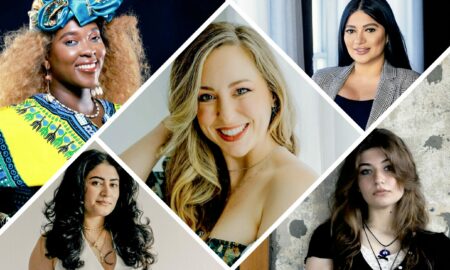
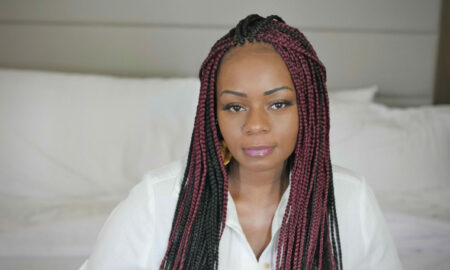
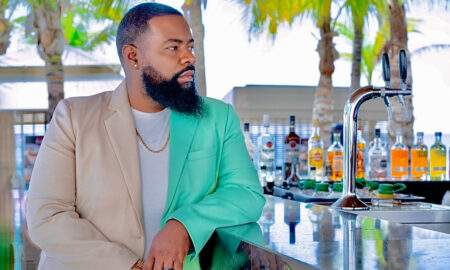
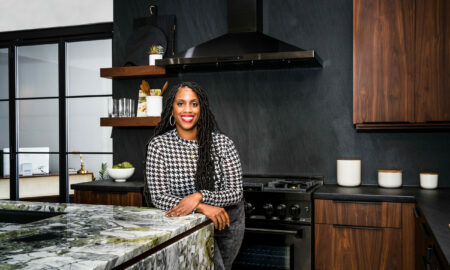
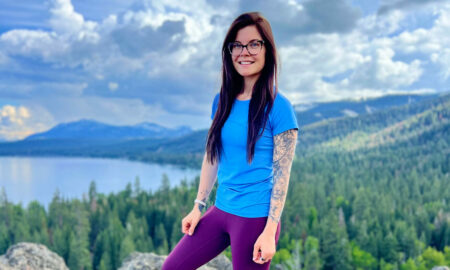
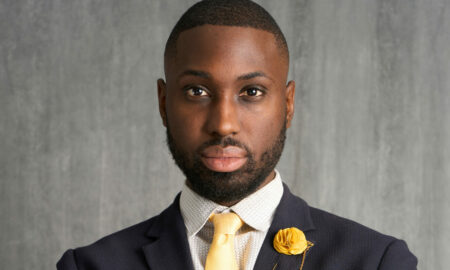
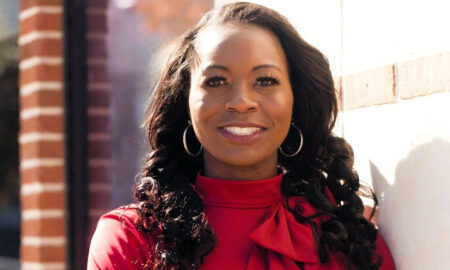
Issa Hamida
January 8, 2021 at 5:07 am
Good job brother I’m so proud of you and good luck with your hard work.